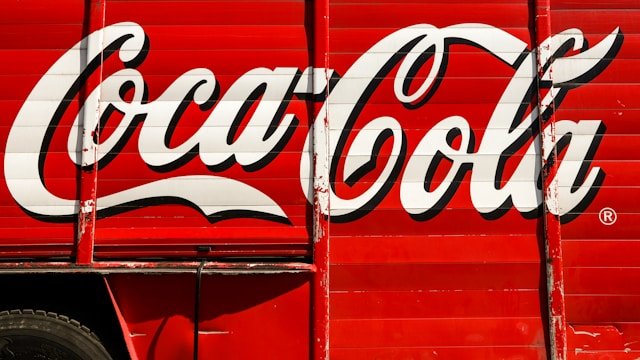CocaCoca-Cola Coca-Cola Ingredient Smuggled from Sudan
So recently, as I browse the web, I see somewhere that Sudan produces about 80% of the world’s gum Arabic, an ingredient for many products like M&M’s sweets, Coca-Cola, among others. Then I also remember that currently, Sudan is a conflict zone, and then I wonder—where is the gum Arabic for these products coming from? Turns out, the ingredient is being smuggled by various traders and sold across borders, and that’s just the tip of the iceberg. In fact, you probably consume gum Arabic almost daily without realizing it.
Gum Arabic, as the name suggests, is a natural gum sourced from acacia tree to work and a kind of stabilizer that keeps your soda fizzy and your candies smooth. It’s in soft drinks, chocolates, medicines, cosmetics, even inks. In short, if you’ve had a Coke or a pack of M&M’s, you’ve had gum Arabic. If you use lip stick, you have used gum Arabic.
Now, here’s the thing, the biggest supplier of this key ingredient, Sudan is currently caught in a brutal civil conflict between the army and the paramilitary Rapid Support Forces (RSF).
And when war enters the picture, so does chaos, smuggling, and shadowy trade routes.
With RSF controlling large gum-producing regions like Kordofan and Darfur, traders have been left with limited options. Some have no choice but to pay hefty fees to paramilitary groups, while others dodge them entirely, sneaking the ingredient into neighboring countries such as Chad, South Sudan, and Egypt. From there, the gum Arabic is thus blended into the global market, often without any proof of origin.
For international buyers, this creates problems. Companies like Coca-Cola and Nestlé prioritize ethical sourcing with documentations and proff of where the ingredients come from, but with Sudan’s legal supply chains in shambles, much of the available gum Arabic could be coming from conflict-ridden areas—without the big brands even knowing it.
The war has made legal exports nearly impossible, but demand hasn’t gone anywhere and thus creating a black market where gum Arabic moves through unofficial channels, disguised and repackaged. Traders in countries with little historical gum Arabic production—like Senegal and South Sudan—are suddenly offering it at bargain prices. Why? No one can say for sure where it’s from.
That said, this shadow trade isn’t just affecting the “ethical” multinational companiest but it’s also squeezing Sudanese farmers, who already face hardship due to the war. With the RSF controlling large parts of the industry, they must either sell at low prices or risk losing their businesses altogether.
While the problem itself isn’t about the final product, many of the bog companies are now wondering, If gum Arabic from Sudan continues to flow through unofficial routes, how can companies ensure they aren’t indirectly funding war efforts? And if alternative sources, like Cameroon and Nigeria, step up production, will Sudan ever regain its status as the dominant supplier? Well, I am no economist but a simple writer…
For now, gum Arabic remains in everything from your fizzy drink to your medicine cabinet, and as Sudan sorts their lot out, hopefully the dilemma will be sorted as well.
How Key Ingredient in Coca-Cola is Smuggled from War-torn Sudan.




